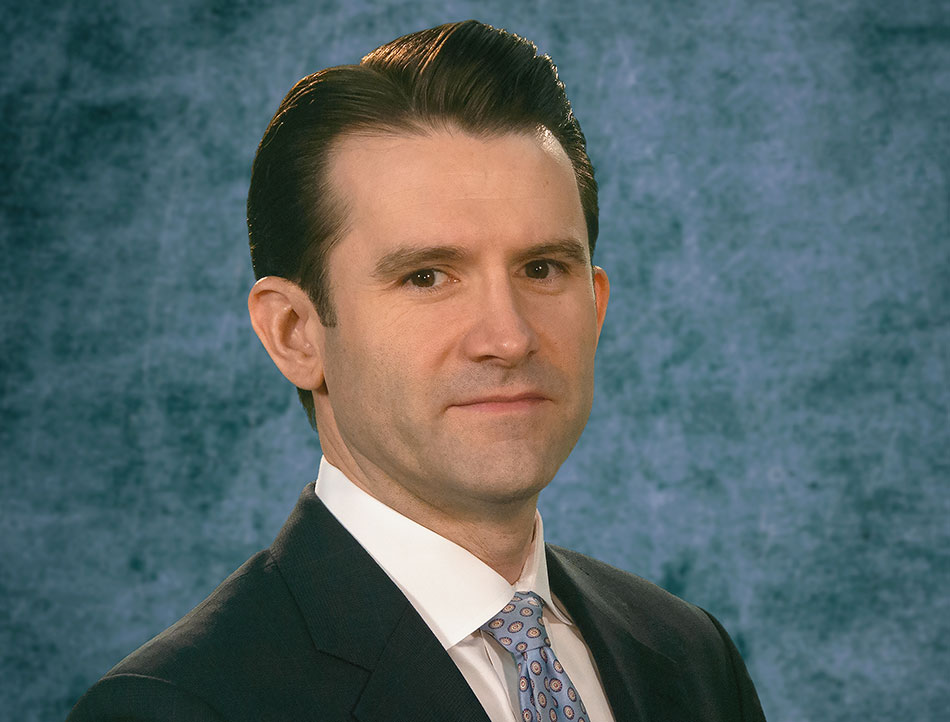Sinclair Sees Reverse-Comp Demands Slowing as Networks Push Streaming
ABC indicates stronger commitment to broadcast net, CEO Chris Ripley says

The smarter way to stay on top of broadcasting and cable industry. Sign up below
You are now subscribed
Your newsletter sign-up was successful
With media companies prioritizing streaming, the pressure to raise programming fees on affiliates appears to be easing, according to Sinclair Broadcast Group president and CEO Chris Ripley.
Sinclair this week announced it renewed its stations’ affiliation agreement with The Walt Disney Co.’s ABC network.
On the company’s third-quarter earnings call with analysts and investors Wednesday morning, Sinclair CEO Chris Ripley said “there has been a shift in terms of negotiating position” as networks have moved some of their best content to streaming.
Disney, for example, has moved Dancing With The Stars from ABC to Disney Plus.
“Given the magnitude of the dollars that we already pay in terms of reverse retrans, we saw a significant reduction in the growth rates for reverse retrans to be more reflective of the value we bring, the value they bring, and what the current subscriber environment is,” Ripley said. “We were very pleased with the outcome at ABC.”
Cable operators and other distributors pay retransmission consent fees to stations in order to carry the broadcasters’ programming. Networks take a chunk of those payments in programming fees, or reverse retrans, to help pay for sports rights and to produce other shows.
The smarter way to stay on top of broadcasting and cable industry. Sign up below
Sinclair said it was expecting no increase in its net retrans revenue in 2023, but sees it growing into the low- to mid-single-digit range after that, thanks to the new agreement with ABC and deals to be negotiated with the other networks.
In the negotiations, some of the exclusivity provisions in the agreements were also changed, Ripley said.
But Ripley also said that during the negotiation with ABC he felt Disney’s commitment to the network was strengthening.
“They put more NFL product on ABC after the last NFL deal and they have secured most of their other major sports properties,” he said, adding that “as far as we know, there are no plans to reduce primetime programming as has been rumored on other networks. We thought the negotiation reflected the synergistic relations we have with them, but also reflected the market dynamics and the gives and takes between the two parties.” ■
Jon has been business editor of Broadcasting+Cable since 2010. He focuses on revenue-generating activities, including advertising and distribution, as well as executive intrigue and merger and acquisition activity. Just about any story is fair game, if a dollar sign can make its way into the article. Before B+C, Jon covered the industry for TVWeek, Cable World, Electronic Media, Advertising Age and The New York Post. A native New Yorker, Jon is hiding in plain sight in the suburbs of Chicago.

